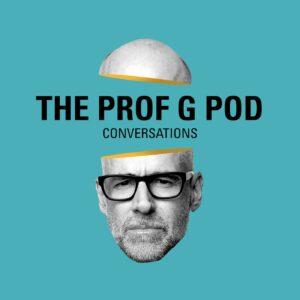
In this episode of Freakonomics, economist Kate Rayworth discusses her new economic model called the “donut” which aims to balance the needs of people and the planet. She argues that traditional economic models focused on growth are flawed and unsustainable, and proposes a new approach that prioritizes human well-being and environmental sustainability.
Kate Rayworth argues that traditional economic models focused on growth are unsustainable and fail to consider the well-being of both people and the planet. Her “donut” economic model aims to balance the needs of individuals with the limits of the Earth’s resources. By ensuring access to essential resources while preventing overshooting planetary boundaries, the donut model provides a compass for human prosperity in the 21st century.
The COVID-19 pandemic has exacerbated existing inequalities and pushed many people towards the donut hole, where they lack access to basic necessities. The crisis has also threatened progress in environmental sustainability, as activities have surpassed the donut’s crust. However, Amsterdam has embraced the donut model during the pandemic to address housing affordability and promote a more equitable society.
Traditional economic models prioritize growth, but the donut model challenges this assumption by emphasizing sustainability and living in harmony with the planet. GDP, as a measure of well-being, is flawed, and high-income countries are primarily responsible for overshooting planetary boundaries. The donut model suggests that efficiency improvements and targeted technological innovations can be more effective in creating a sustainable and prosperous society.
Leaders around the world are rethinking human development and considering the health of the planet. The Wellbeing Government Alliance, comprising countries like New Zealand, Scotland, and Iceland, is shifting towards a more holistic approach that goes beyond GDP growth. Cities like Amsterdam, Copenhagen, and Barcelona have embraced the donut model and are implementing plans for a circular economy, reducing waste and promoting sustainable practices.
Kate Rayworth’s donut model offers a fresh perspective on economics, prioritizing human well-being and the planet’s health. By challenging the traditional focus on growth, the donut model provides a roadmap for sustainable and equitable prosperity. As more cities and countries adopt this approach, there is hope for a future where economic development is in harmony with the needs of people and the planet.